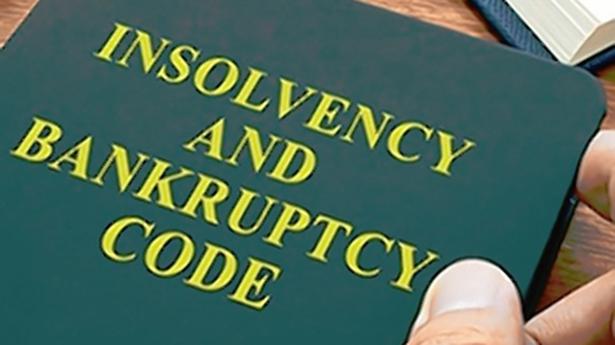
Need framework to study impact of insolvency law: Corporate Affairs Secretary
The Hindu
Mr. Rajesh Verma said the govt and regulator IBBI have been constantly making course corrections to address any gaps in the Insolvency and Bankruptcy Code.
Amid concerns in certain quarters that the insolvency law has led to more liquidations than resolutions of stressed assets, Corporate Affairs Secretary Rajesh Verma on Saturday, April 30, 2022, pitched for having a framework to study the impact of the legislation.
Emphasising that the government and regulator IBBI have been constantly making course corrections to address any gaps in the Insolvency and Bankruptcy Code (IBC), he also said the law has brought in a cultural shift in the dynamics between lenders and borrowers as well as promoters and creditors.
The IBC, which came into force in 2016 and has undergone six amendments so far, provides for a time-bound and market-linked resolution of stressed assets.
"Some critics have observed that IBC has led to more liquidations than resolutions... There is presently no framework to track the outcome of insolvency and bankruptcy regime...it is crucial to continue to study the impact of the insolvency framework created by IBC and conduct a SWOT analysis to investigate (its) strengths and weaknesses," Mr. Verma said.
Speaking at the inaugural function of a two-day conference on IBC, he also noted that the World Bank Doing Business indicators that track the outcome of the IBC have been discontinued.
"The government and regulator IBBI have been constantly course correcting in responding to any gap in the Code... While we are working with agility as regards implementing the provisions of the Code... it is important that we have a rigorous and evidence-based research to public policy," Mr. Verma said.
IBBI Chairperson Ravi Mital said a large number of stressed projects are going into liquidation since they come into the IBC process very late.













